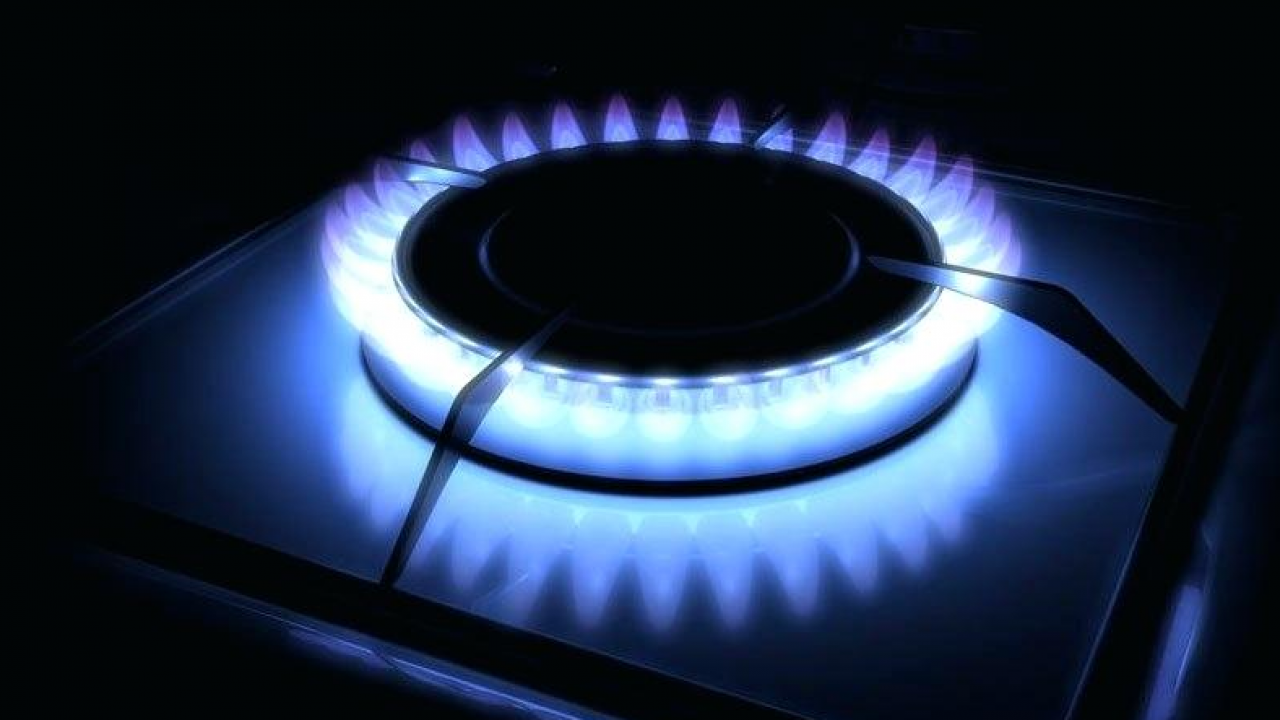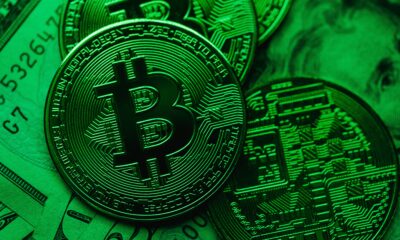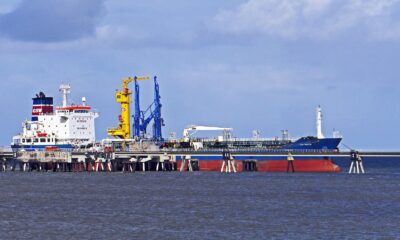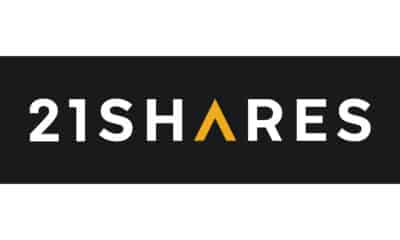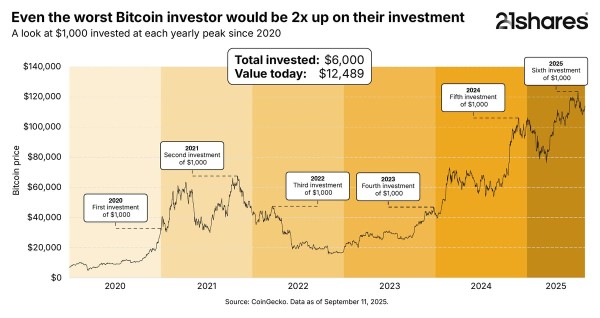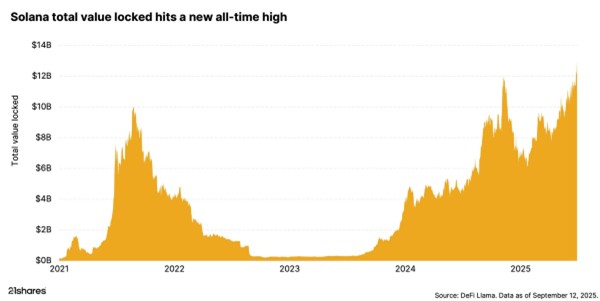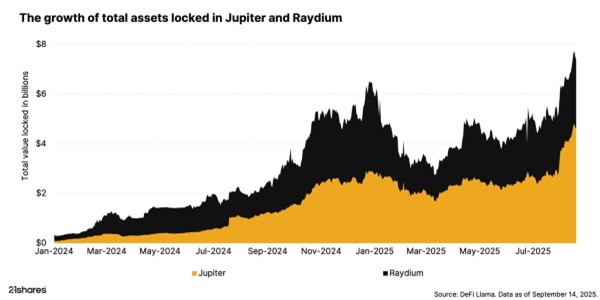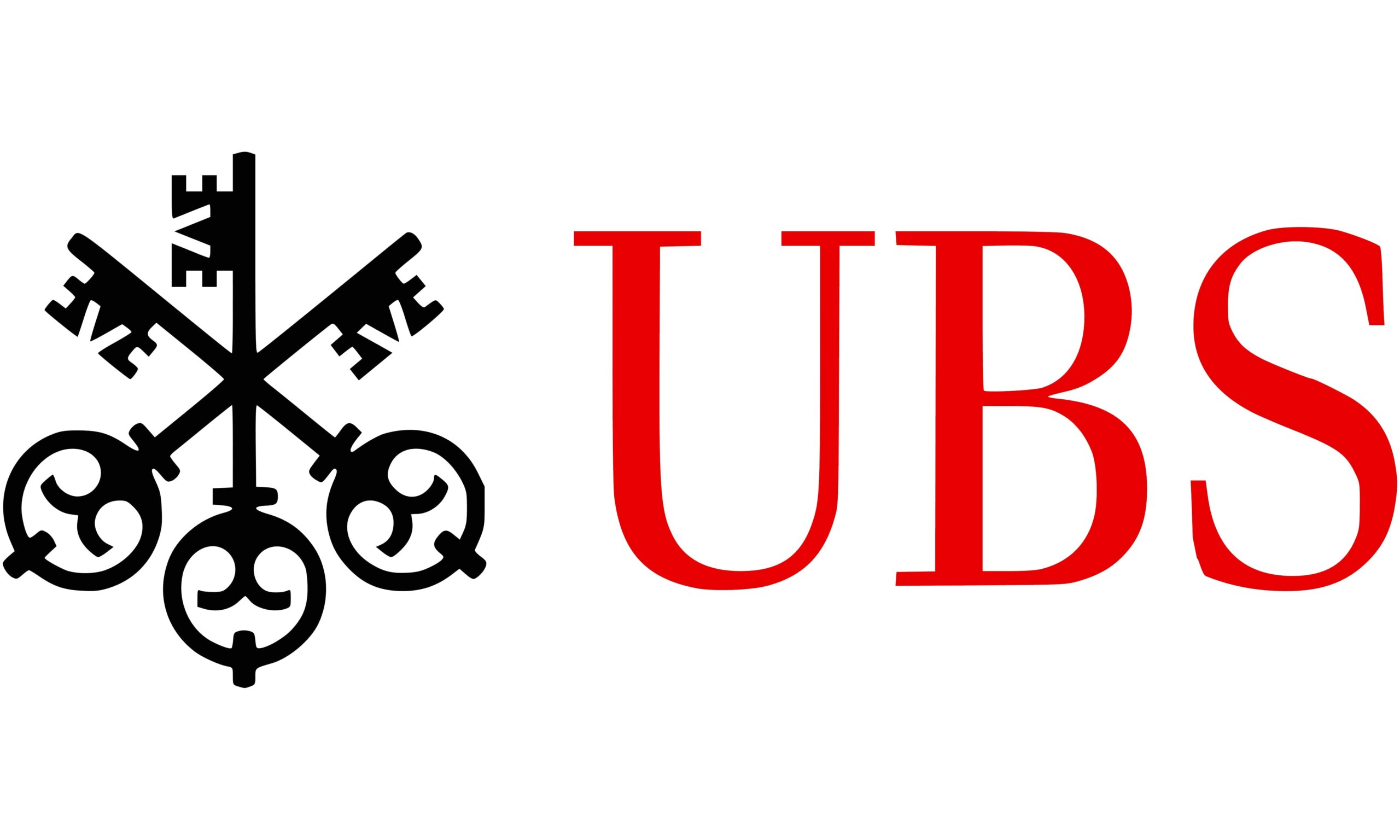Nyheter
Erosion of Qatar’s dominance in LNG could drive demand responsiveness
-

 Nyheter3 veckor sedan
Nyheter3 veckor sedanUtdelningar och försvarsfonder lockade i augusti
-

 Nyheter4 veckor sedan
Nyheter4 veckor sedanMånadsutdelande ETFer uppdaterad med IncomeShares produkter
-

 Nyheter4 veckor sedan
Nyheter4 veckor sedanHANetfs analyserar hur ett fredsavtal kan påverka det europeiska försvaret
-
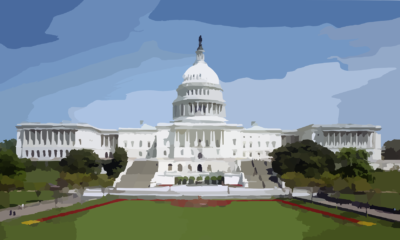
 Nyheter4 veckor sedan
Nyheter4 veckor sedanADLT ETF investerar bara i riktigt långa amerikanska statsobligationer
-

 Nyheter2 veckor sedan
Nyheter2 veckor sedanSeptembers utdelning i XACT Norden Högutdelande
-

 Nyheter3 veckor sedan
Nyheter3 veckor sedanFastställd utdelning i MONTDIV augusti 2025
-

 Nyheter2 veckor sedan
Nyheter2 veckor sedanHANetf kommenterar mötet mellan Kina, Ryssland och Nordkorea vid militärparad
-

 Nyheter4 veckor sedan
Nyheter4 veckor sedanAICT ETF investerar i obligationer utgivna av företag från tillväxtmarknader

